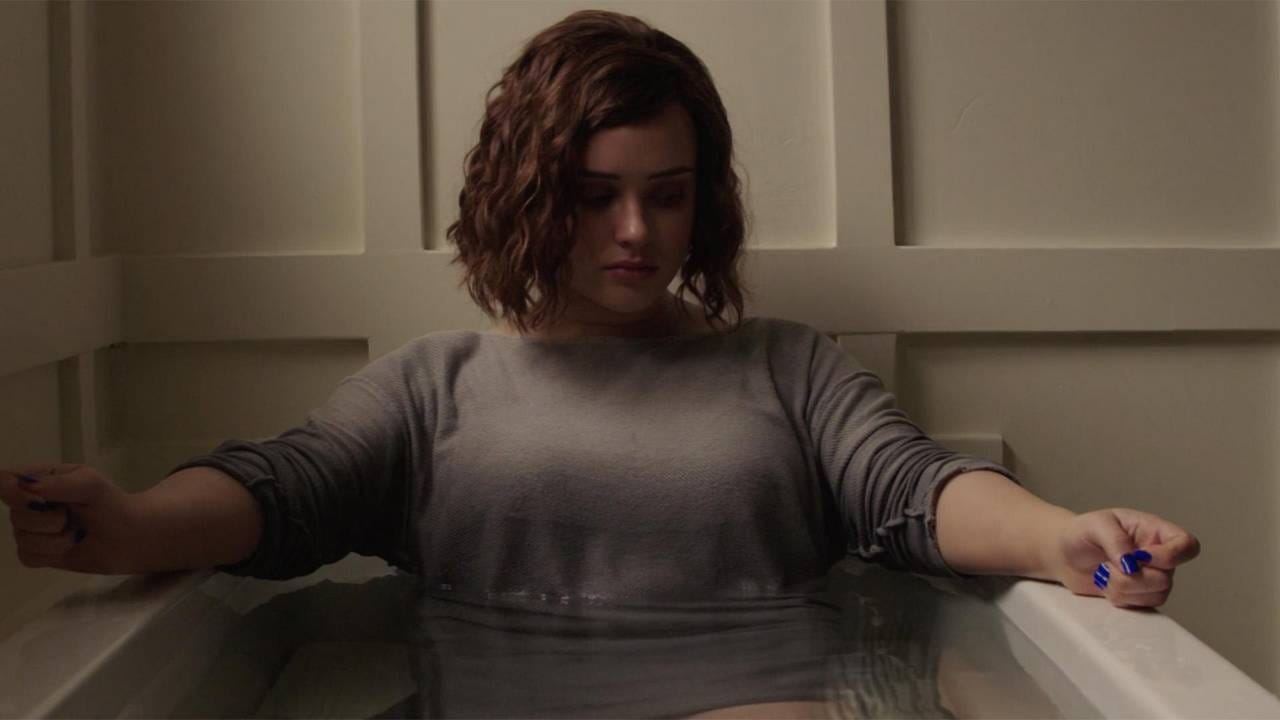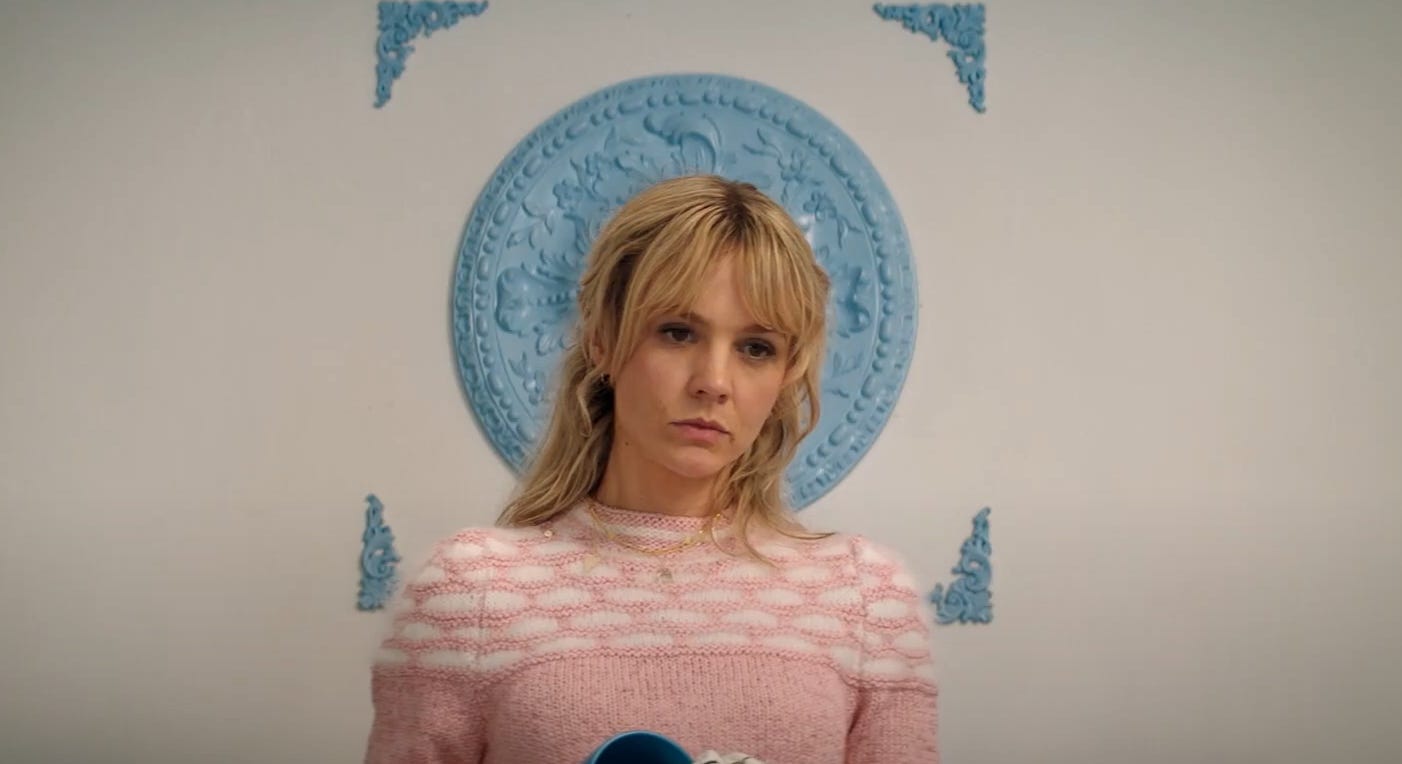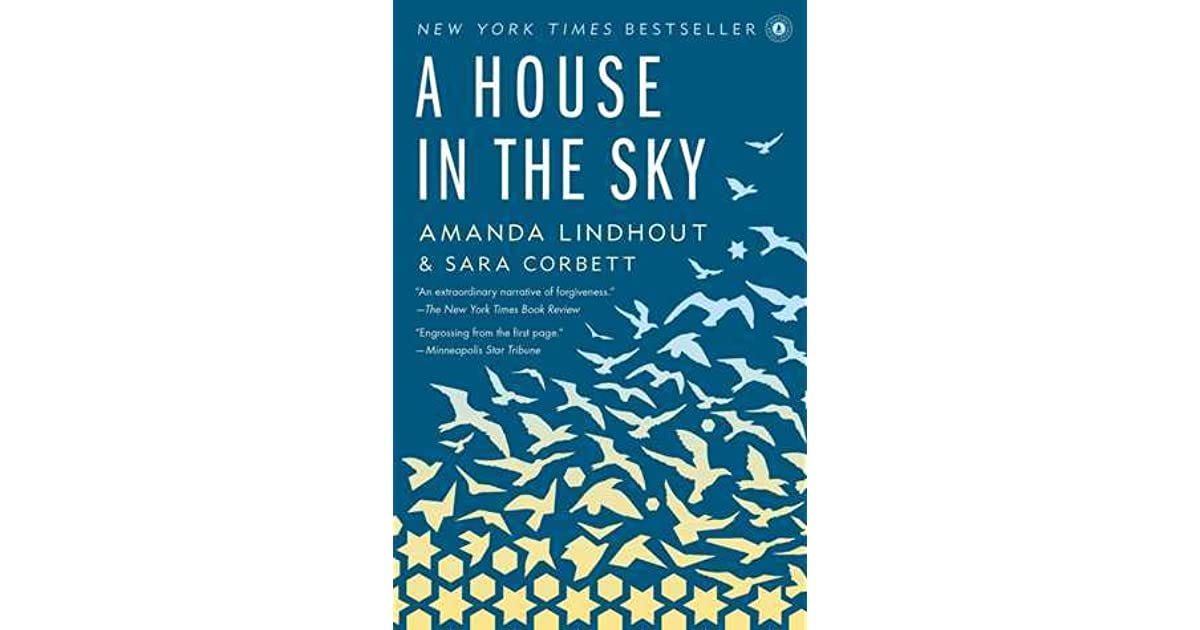Suicide is taboo. It's indubitably a challenging topic for tv. When Netflix released 13-reasons-why, in 2017, many backslashes soon followed. The series was extremely popular and that made it for an even bigger issue.
The show was extremely criticized in many aspects, being the main one how graphically it depicted the suicide of the main character. The producers defended their choice, explaining that this could help bring awareness to the topic, while many responded by saying it would go in the exact opposite direction and increase the number of teenage suicide.
There were some studies following up this claim in 2019, showing that the number of teenager suicides indeed increased - although others found discrepancies. There may also be other factors at play here. The increase in teenager suicides has been trending upwards since 2007, especially for girls. Not sure you can blame it solely on the show 13-reasons-why.
Even so, I remember watching the series and feeling unwell. It was a lot to take in, especially being a woman and having been through depression. Sad stories can sometimes make you feel worse. That's what they call a trigger.
A trigger sets off a memory or flashback, transporting the person back to the event of the original trauma. Triggers are very personal. Different things trigger different people. The reaction to this flashback will have an emotional intensity similar to that at the time of the trauma.
Maid
This week I finally watched Maid. It's a miniseries on Netflix, based on an autobiographical book by Stephanie Land. The show is extremely hard to watch. It tells the story of a 25-year-old girl that has a daughter and is trying to get off an abusive relationship. She doesn't have a job, no money, and can't rely on her family. She starts to be a maid and clean people's houses.
It's an amazing story and I would recommend it to anyone, but as I was watching, I felt worse and worse. When I finally finished, I was feeling awful. It did trigger me. It helped me see some things from past relationships in a new light. It was painful, but in a way needed.
Stories will do that to you. Make you sympathize with the main character and enter that world. This BBC video goes as far as saying that people that read even a few chapters of Harry Potter would be more likely to believe they could move things with their minds afterward. Those who read Twilight, believe that their canine teeth were longer than normal, like a fang.
Stories can affect your body and your mind because of this immersive power. Studies show that the brain can fire up in different regions, even mimicking the actions the characters are going through. For instance, when you read about someone jumping you activate the same part of your brain that you use for jumping.
Stories are extremely important to us, humans. It's been with us long before we could draw, write, raise crops or build buildings. It's how we communicate and learn new things. It makes sense that when a character that you see yourself in goes through similar issues that you have been through, you will feel it more strongly. Even affecting your real life.
Handmaid's Tale
Another highly triggering and criticized series is The Handmaid's Tale. It also happens to be one of my favorite series, although I agree that sometimes it seems like they are indulging in torture porn.
The Handmaid's Tale is a relevant series for portraying how fragile women's rights are but it also shows women constantly suffering, which can make many who watch feel uncomfortable and quit watching the show.
It got to a point that it seemed like the images of the suffering and tortures were beautiful on purpose and more important to the show. It looked like they would continue to stretch June's (the main character) pain only to elongate the series.
If it makes you feel bad, should you do it?

I understand the need some people feel not to watch or read stories with a lot of suffering. I also completely understand those who have stopped watching the Handmaid's Tale because they couldn't take it anymore; Or opposing to 13-reasons-why.
But, there's something special in a series that moves you so much, isn't it? It affects you because it feels like it's directly stating something important to you. It will teach you. It also shows how well developed and written it is if it can deeply affect so many people. It shows that this is a story that needed to be told, as hurtful and bleak as it is.
This should be appreciated and usually, it is. Series and movies with hard and triggering topics generally are well received by the public and the critics. It needs good headspace, though. You need to be in a good place psychologically to watch them.
Maybe you will start them and won't be able to continue. Maybe, you will finish later. You do you.
It is also ok wanting to escape to a happier place by watching TV. But art gives us a rare opportunity: to experience the life of others that are completely different from us. It improves empathy and our understanding of the world. It can lead to change. And we should never take this power for granted.
What to watch?
Promising Young Women. Cassie (Carey Mulligan) had a promising future until a mysterious incident turned her life upside down. Since then, nothing in her life has been as it seems and she leads a double life. By night she roams every nightclub pretending to be drunk to be picked up by supposedly concerned men. She is set to get revenge.
What to read?
A house in the sky. One of my favorite books. It's an autobiographical book about a Canadian working as a reporter for National Geographic and roaming the world. In war-ridden Afghanistan and Iraq, she carved out a fledgling career as a television reporter. And then, in August 2008, she traveled to Somalia—“the most dangerous place on earth.” On her fourth day, she was abducted by a group of masked men along a dusty road.
What to binge?
Maid. The mini-series chronicles a financially-strained single mom, who was a survivor of domestic abuse, and a nomad, taking odd jobs such as cleaning homes. It highlights the reality of people who live off of low-paid service work in the US. And more importantly, how hard it is to get off an abusive situation when you are low-paid.







